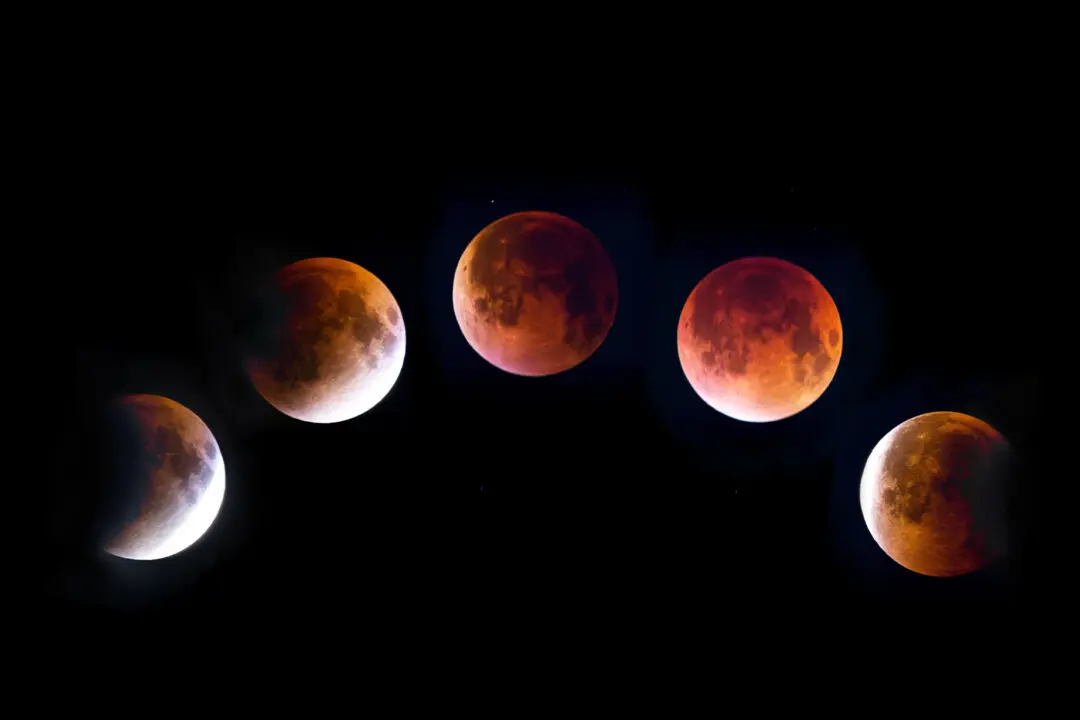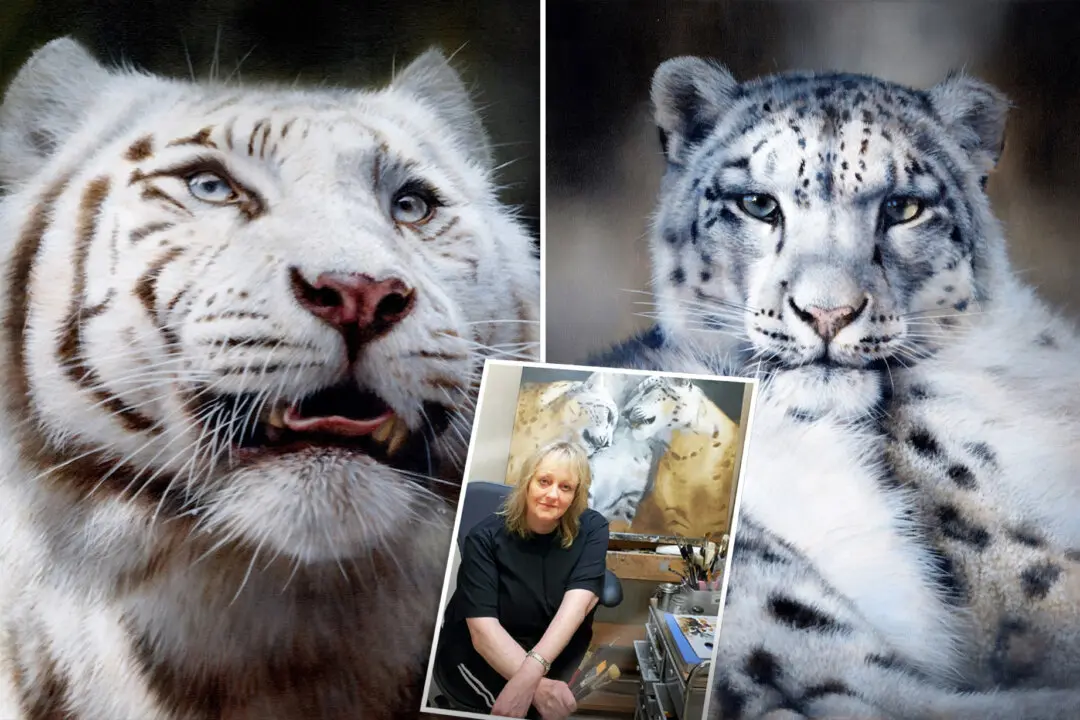Psychic powers might sound like the stuff of superstition, but science reveals evidence that humans might have some ability to see the future.
A supernormal phenomenon dubbed “precognition” intrigued Professor Daryl Bem, of Cornell University, and led him to conduct an eight-year study with nine different experiments, involving over 1,000 participants.






